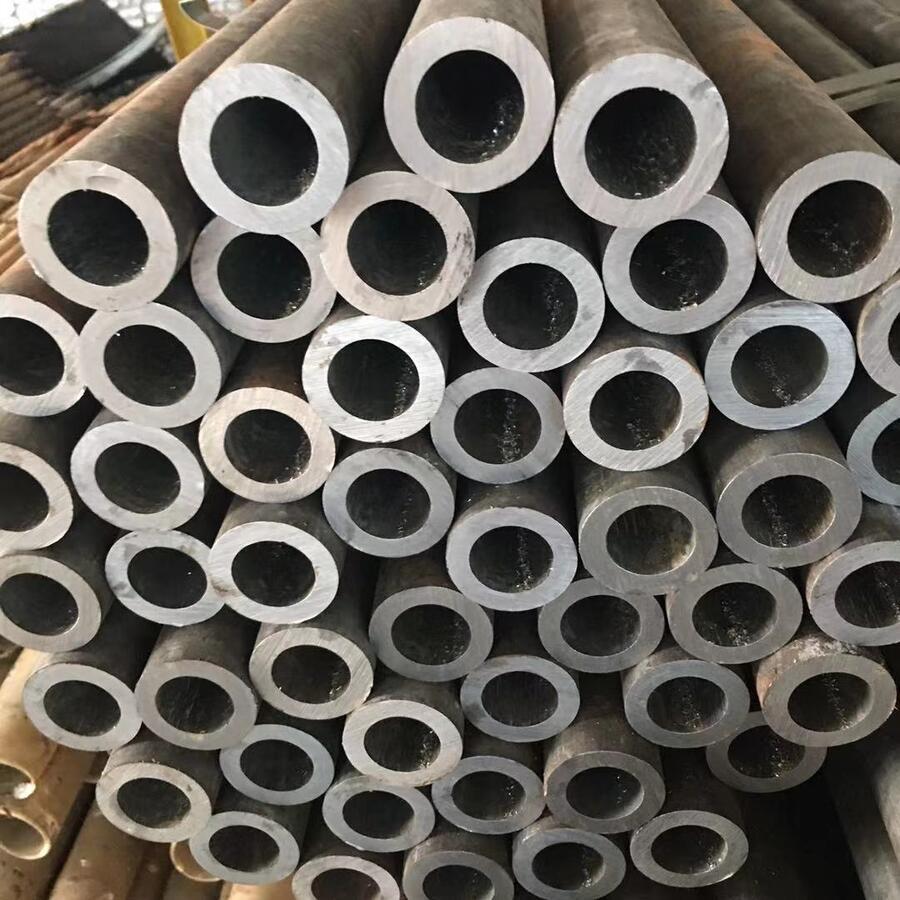The Significance of Rolling Mills in Manufacturing
Rolling mills are essential machines in the manufacturing industry, primarily used for shaping and processing metals. Understanding the factory price of rolling mills is crucial for businesses looking to invest in these machines. The price can vary significantly based on various factors, including the type of mill, its specifications, and the manufacturer.
Factors Influencing the Factory Price of Rolling Mills
Several factors contribute to the factory price of rolling mills. These include:
- Type of Rolling Mill: Different types of rolling mills, such as hot rolling mills, cold rolling mills, and tandem mills, have varying prices.
- Specifications: The technical specifications, including size, capacity, and features, play a significant role in determining the price.
- Manufacturer Reputation: Established manufacturers may charge a premium for their products due to their reliability and quality.
- Market Demand: Fluctuations in market demand can also affect the pricing of rolling mills.
Technical Specifications of Rolling Mills
When considering the factory price of rolling mills, it’s essential to understand the technical specifications that can influence the cost. Below is a detailed table showcasing various parameters of rolling mills:
| Parameter | Description |
|---|---|
| Mill Type | Hot Rolling, Cold Rolling, Tandem, etc. |
| Roll Diameter | Typically ranges from 200 mm to 1200 mm |
| Roll Width | Varies from 600 mm to 3000 mm |
| Production Capacity | From 5 tons/hour to 100 tons/hour |
| Power Consumption | Ranges from 50 kW to 2000 kW |
| Material Processed | Steel, Aluminum, Copper, etc. |
| Automation Level | Manual, Semi-Automatic, Fully Automatic |
| Control System | PLC, HMI, SCADA systems |
| Cooling System | Water Cooling, Air Cooling |
| Weight | From 10 tons to over 100 tons |
Understanding the Cost Structure
The factory price of rolling mills is not just a single figure; it encompasses various components. Here’s a breakdown of the cost structure:
- Initial Purchase Price: The upfront cost of acquiring the rolling mill.
- Installation Costs: Expenses related to setting up the equipment.
- Operational Costs: Ongoing costs for running the mill, including energy consumption and maintenance.
- Training Costs: Investment in training personnel to operate the machinery efficiently.
Where to Buy Rolling Mills
When looking for the best factory price of rolling mills, it’s essential to source from reputable manufacturers. Websites like HANI TECH offer a range of rolling mills and auxiliary equipment, providing detailed specifications and competitive pricing. Additionally, HANI TECH Metallurgy specializes in melting furnaces and related equipment, ensuring a comprehensive solution for metal processing needs.
Conclusion
In conclusion, understanding the factory price of rolling mills involves considering various factors, including the type of mill, specifications, and associated costs. By doing thorough research and sourcing from reputable manufacturers, businesses can make informed decisions that align with their production needs and budget.
Investing in a rolling mill is a significant decision, and understanding the nuances of pricing can lead to better investment outcomes. Whether you are looking for a hot rolling mill or a cold rolling mill, ensure that you evaluate all aspects, including technical specifications and total cost of ownership.




